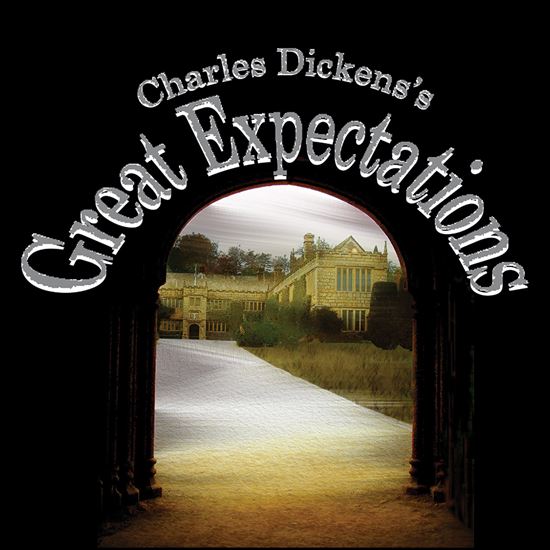
Great Expectations
The life of the poor country lad, Pip, changes one day when an unknown benefactor sees that the young man is brought to London and made a gentleman. But who is behind Pip’s “great expectations,” and why is it kept a secret? By the time Pip learns the truth of his circumstances, he has gotten involved with some fascinating people and undergone a vital change of character. This adaptation of the Charles Dickens classic is an excellent choice for schools in that it stays true to the novel, including the amusing theatre scene in which a humorous heckler wreaks havoc during the important “Hamlet” monologue. Four narrators keep the action moving, two actors split the main character, and many of the roles can be doubled. Multiple locations can be quickly suggested with just a set piece or two, making it easy to stage. Full evening.
Productions
Behind The Scenes
PLAYWRIGHT THOMAS HISCHAK TALKS ABOUT HIS PLAY
GREAT EXPECTATIONS
Q: WHAT INSPIRED YOU TO WRITE THIS ADAPTATION?
A: GREAT EXPECTIONS has long been my favorite Dickens novel. I wanted to do a stage version but could not find one that I liked. So I wrote this adaptation with my college students and our theatre space in mind. It was produced back in 1985 and was very successful.
Q: WHAT'S YOUR FAVORITE PART OR LINE IN THE PLAY? WHY?
A: So much of the dialogue is right from Dickens, but I am most proud of the dream sequence at the end of Act I. All the elements in the dream are taken from the novel, but the dream itself is my conception. On stage it is so powerful that I think it sums up the whole theme of the novel.
Q: WHAT WAS THE MOST DIFFICULT PART IN CREATING THIS ADAPTATION?
A: Because Dickens’s novels are so long and have so many characters, the biggest difficulty is deciding which scenes and characters must be eliminated or condensed without losing the thread of the story.
Q: WHAT DID YOU TRY TO ACHIEVE THROUGH THIS ADAPTATION?
A: I wanted the audience to not only enjoy this wonderful tale and its fascinating characters but also to understand what Dickens is saying about being true to oneself.
Q: DO YOU HAVE ANYTHING ELSE YOU'D LIKE TO ADD?
A: Since so few schools now teach Dickens’s novels, I hope that seeing this adaptation will encourage students to go and read some of his work.
